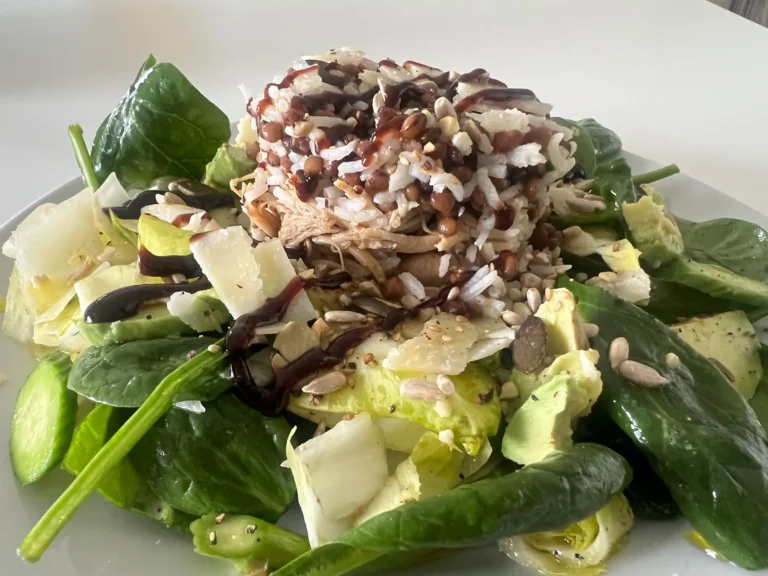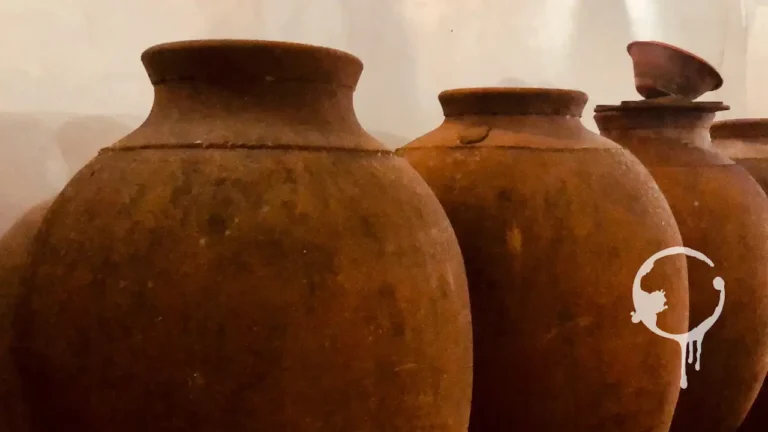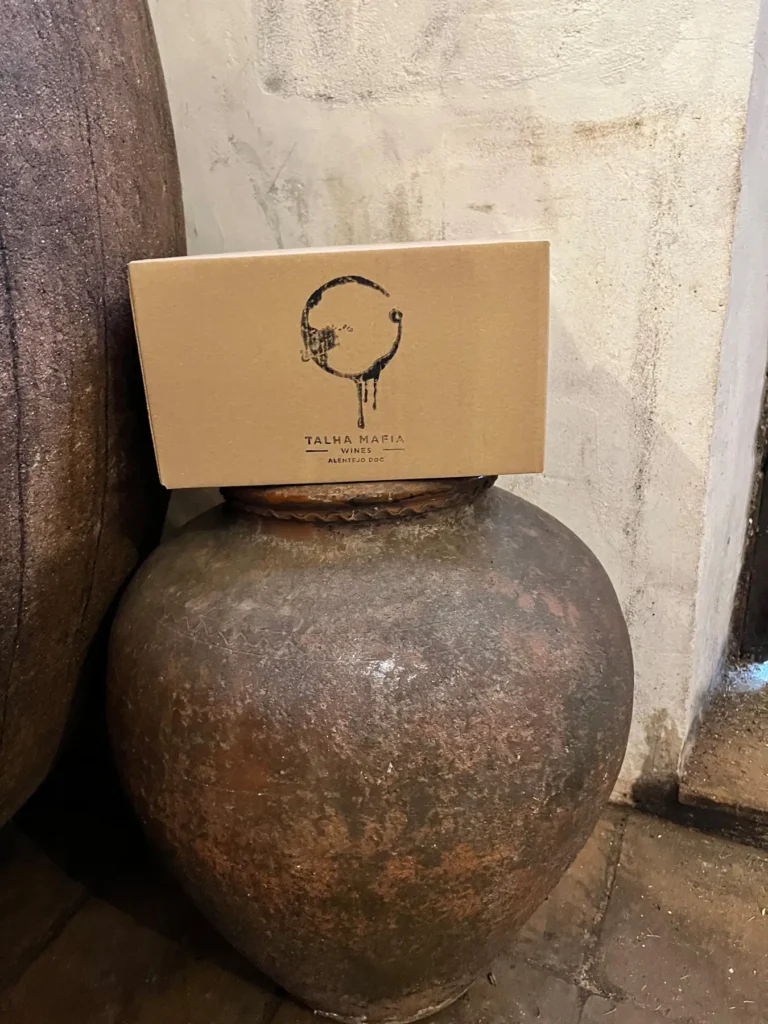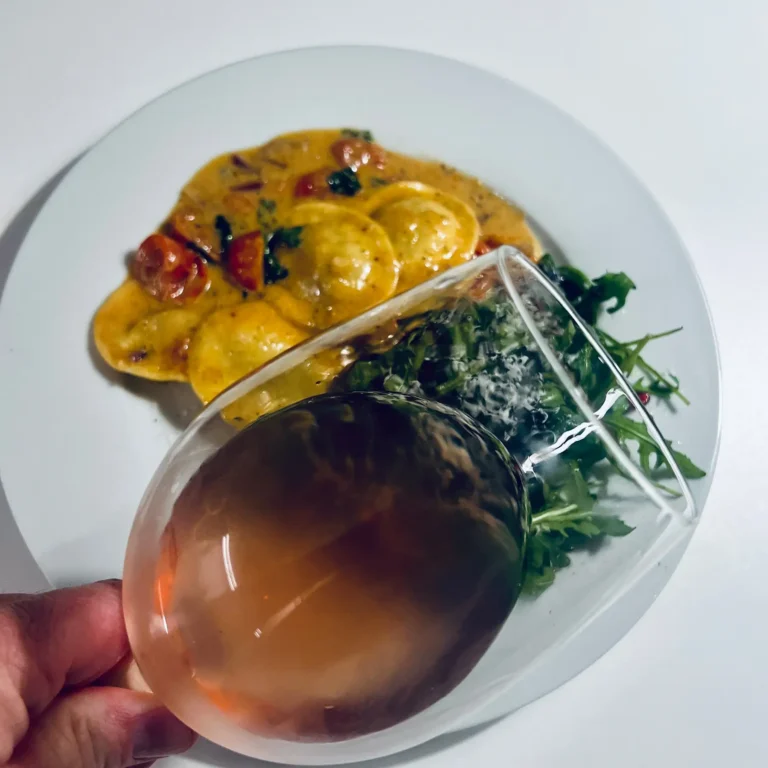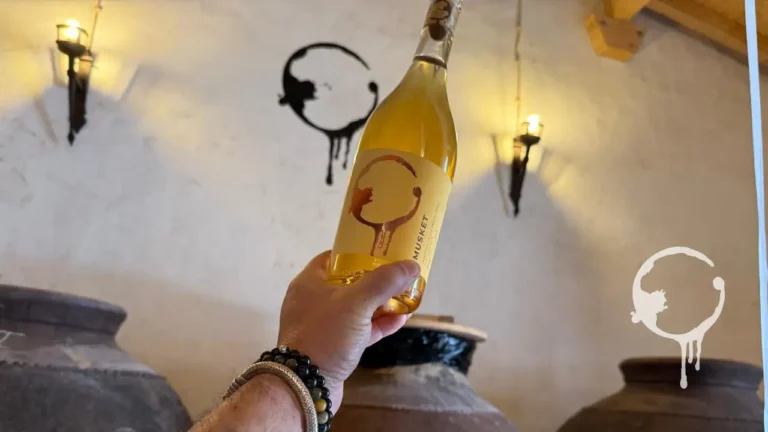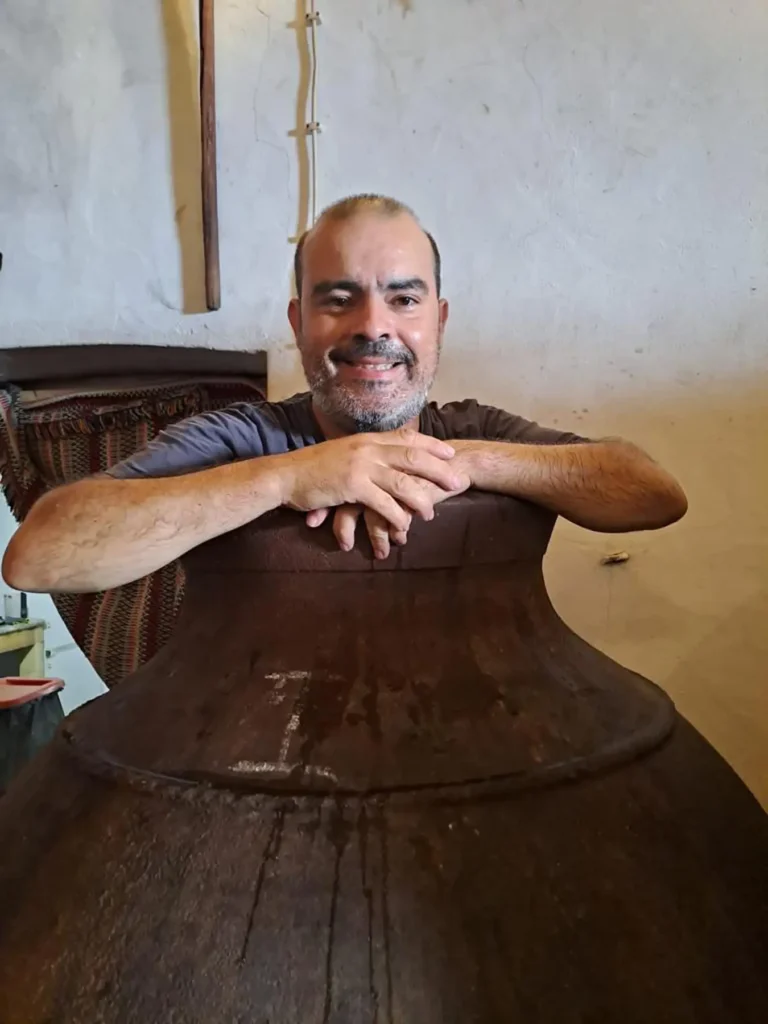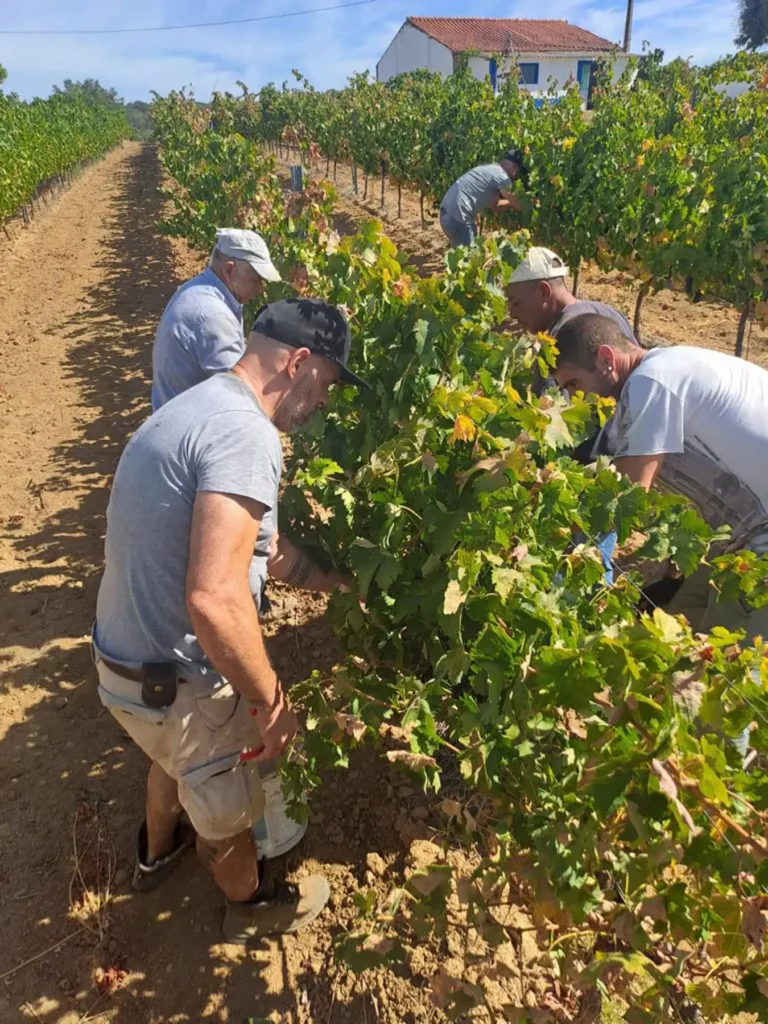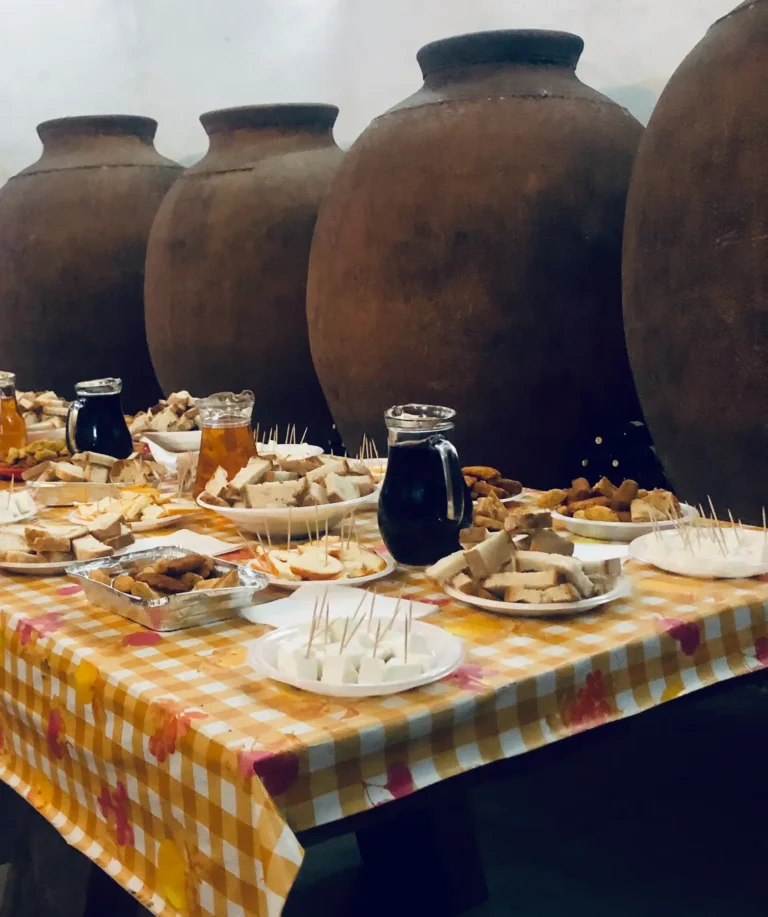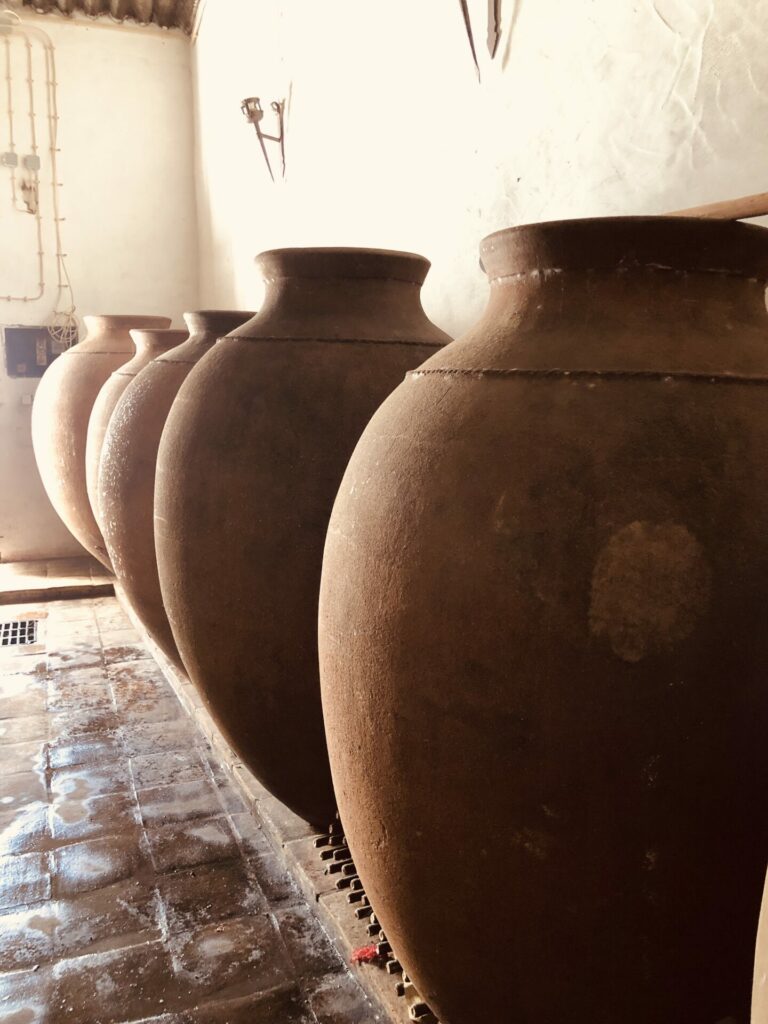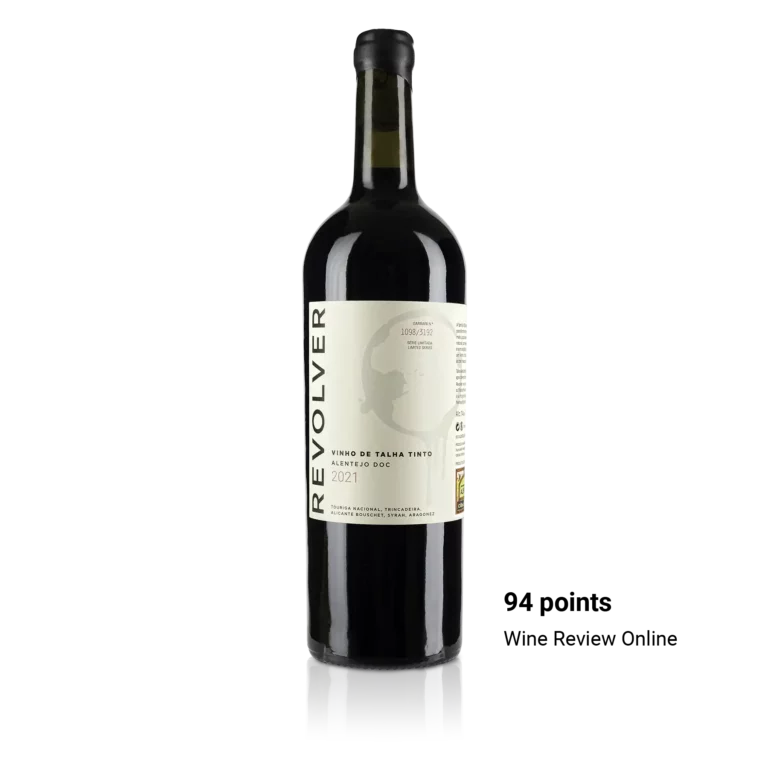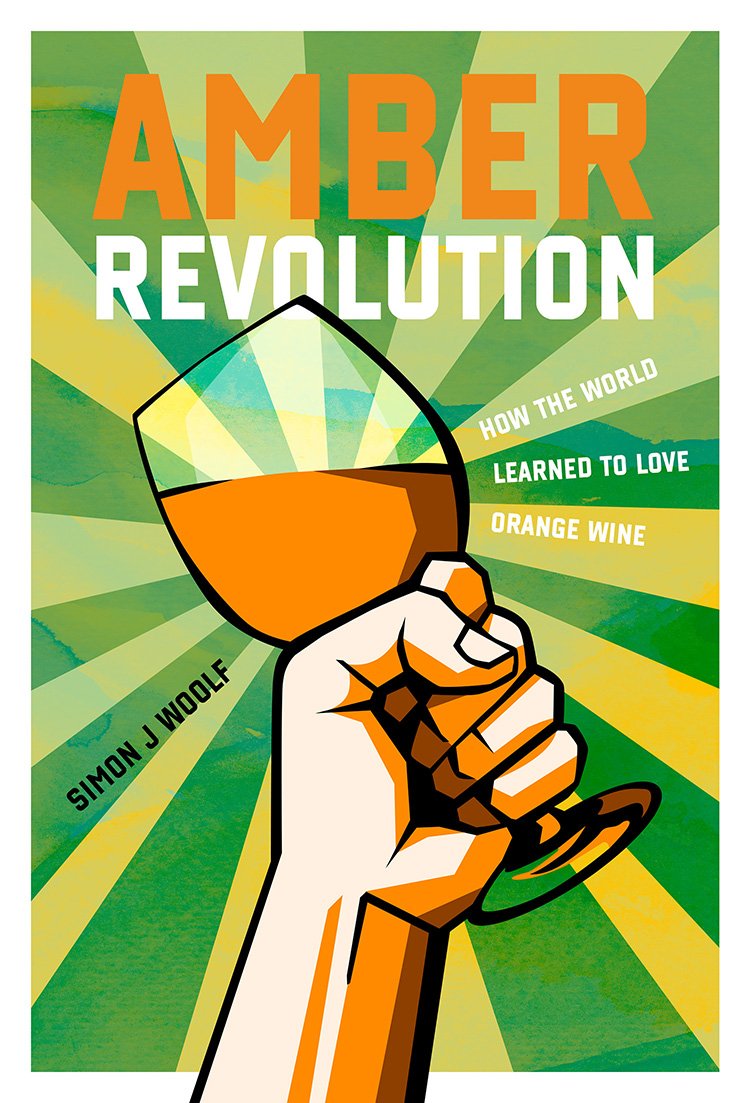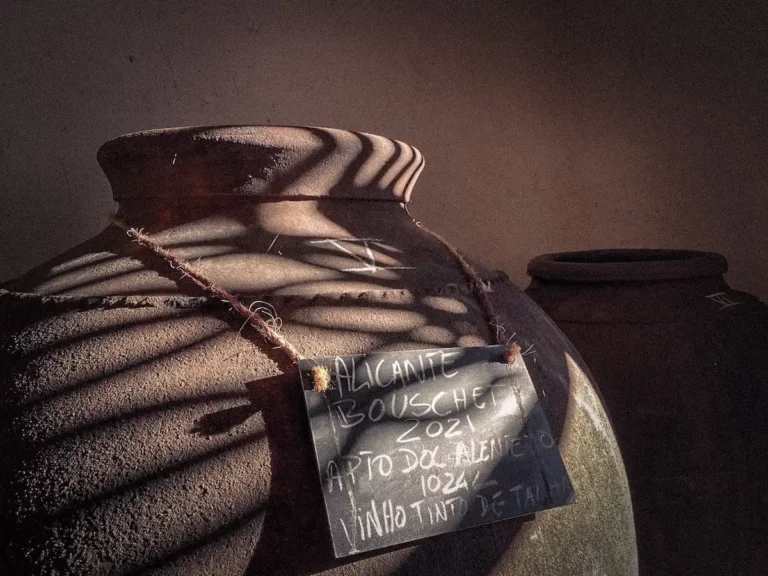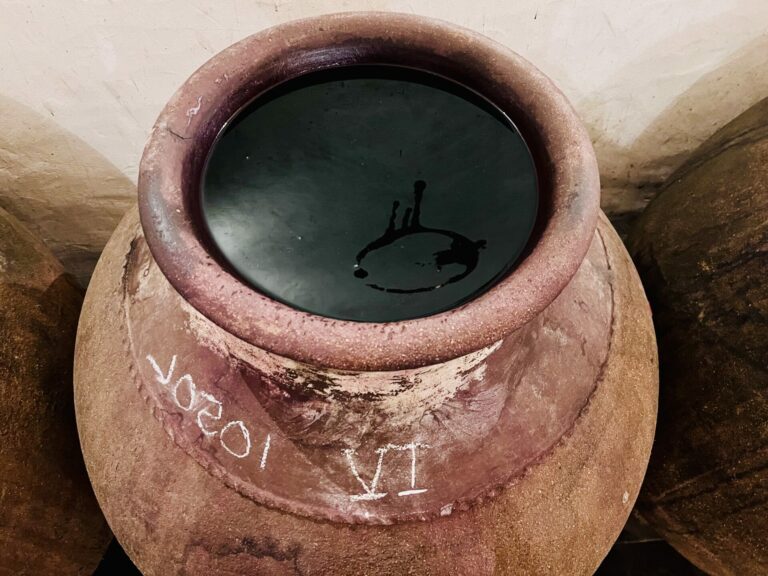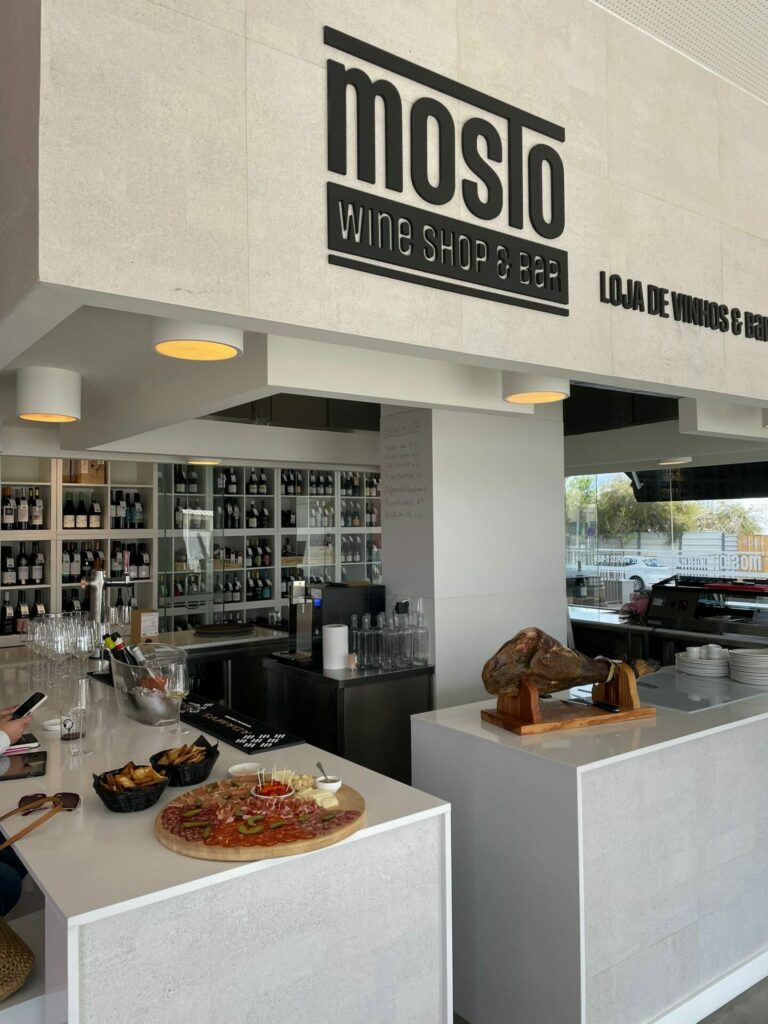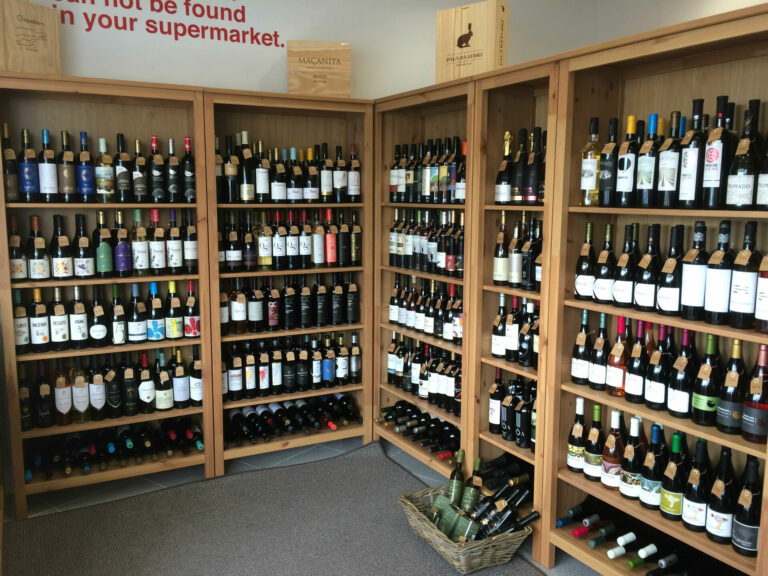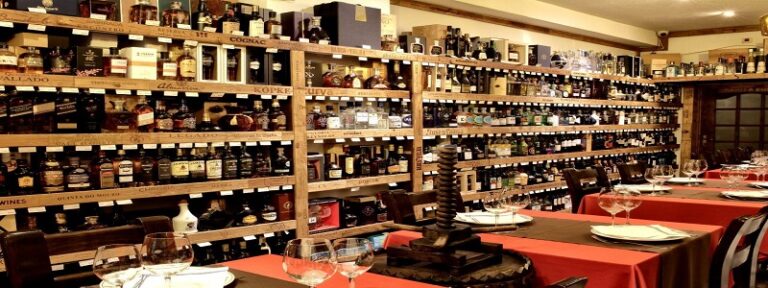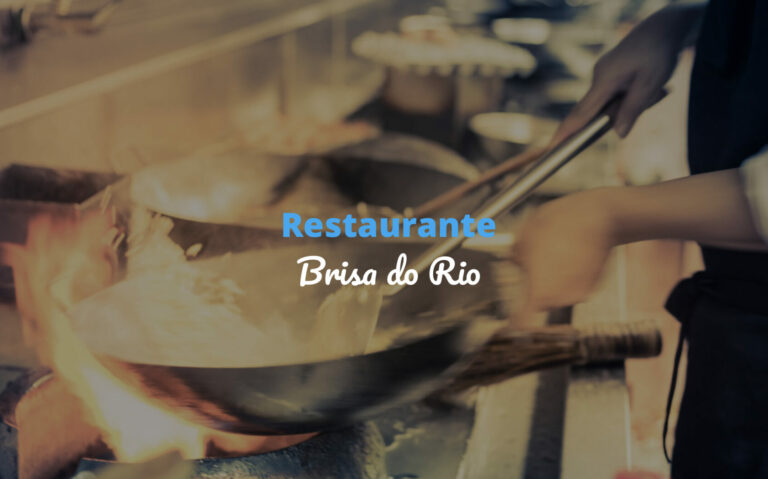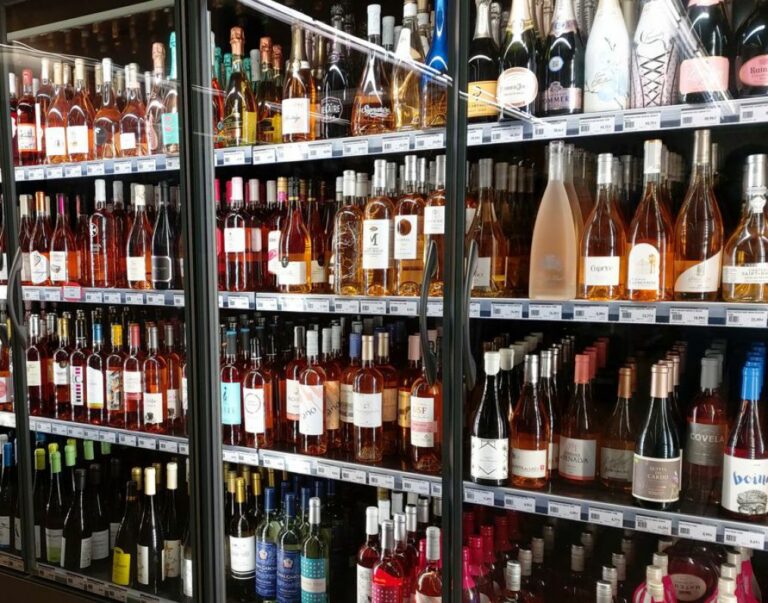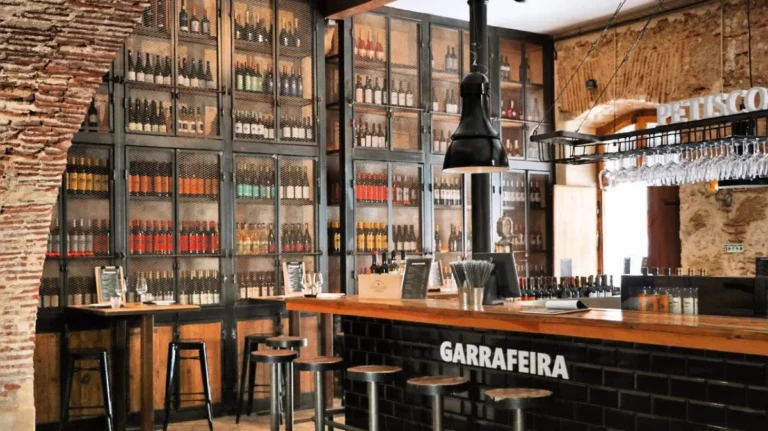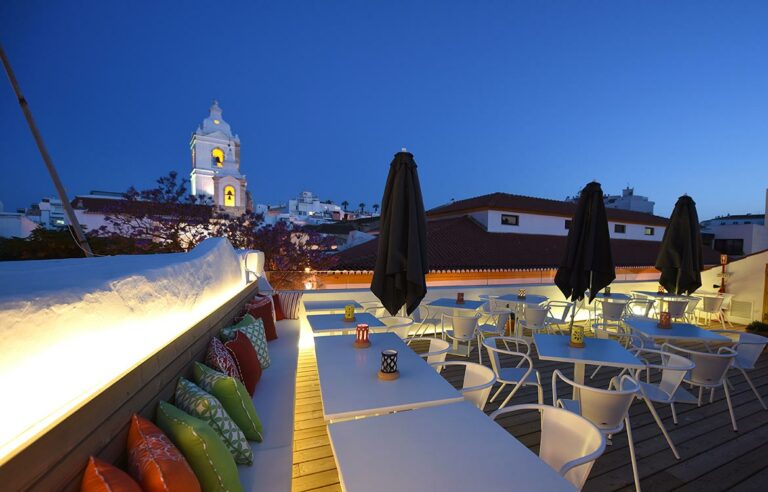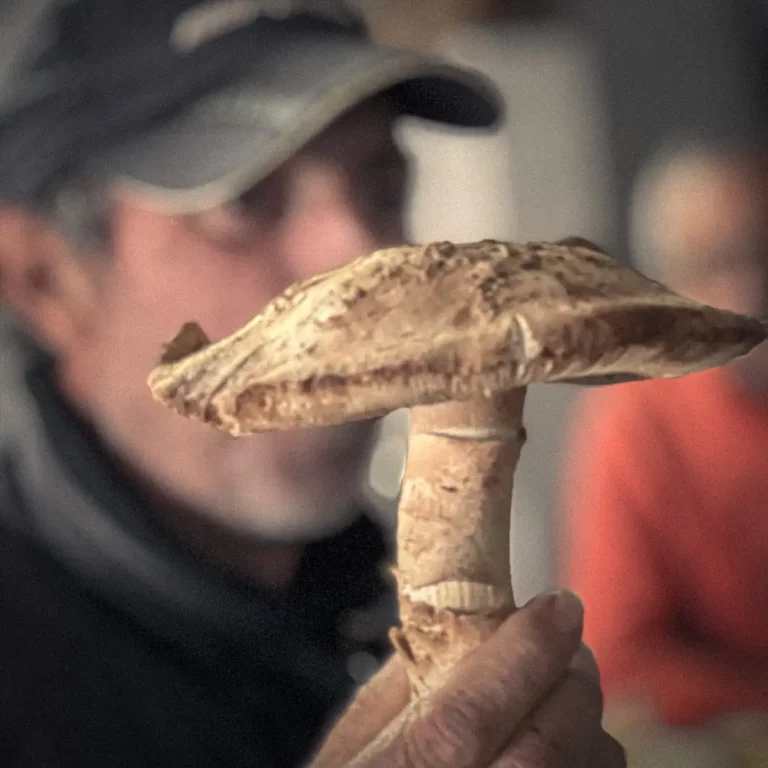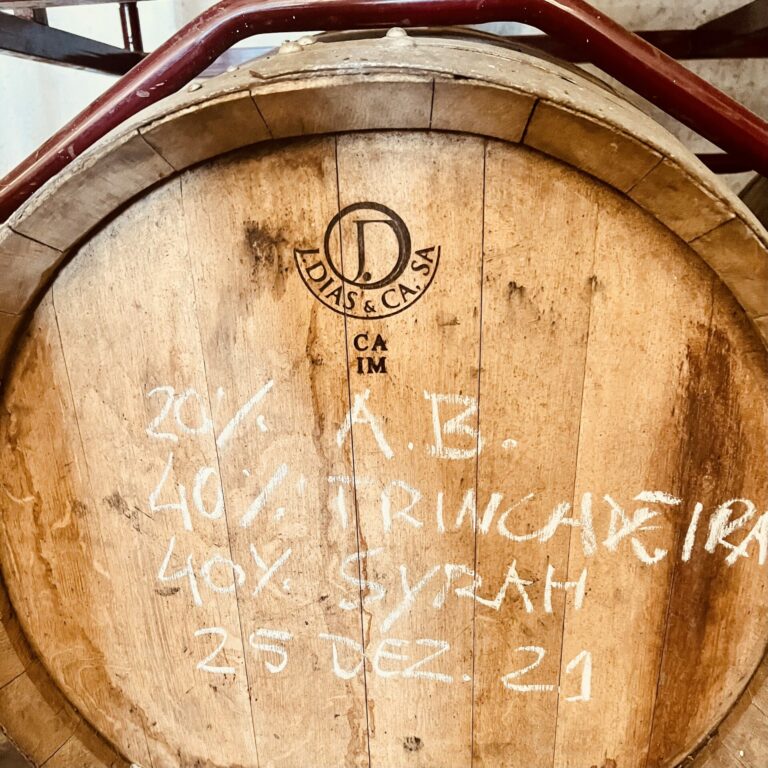What does sustainable wines means, particularly for Portugal?
by Mickey Geraghty
Understanding Sustainable Wines in the Portuguese Context
Portugal’s approach to sustainable winemaking represents a unique fusion of centuries-old wisdom and modern environmental consciousness. This Iberian nation’s wine industry stands at the forefront of sustainable practices, where traditional methods naturally align with contemporary eco-friendly approaches—as exemplified by innovative producers like Talha Mafia Wines in Vila de Frades.
The Three Pillars of Portuguese Wine Sustainability
Environmental Stewardship
Portuguese vineyards embrace environmental sustainability through various practices. The country’s Mediterranean climate naturally supports terroir-driven wine production, with many regions requiring minimal intervention. Traditional dry-farming techniques, particularly evident in the Alentejo region where ancient amphora (talha) winemaking thrives, reduce water consumption while enhancing grape concentration and character.
Economic Viability
Sustainable wine production in Portugal focuses on long-term economic stability. Small-scale producers maintain biodiversity by preserving indigenous grape varieties, while larger operations invest in renewable energy and water conservation systems. For instance, Vila de Frades’ artisanal producers have successfully merged centuries-old amphora aging with modern sustainable practices, proving that tradition and innovation can create economically viable models.
Social Responsibility
Portuguese wineries increasingly emphasize community support and cultural preservation. Many regions maintain historical winemaking techniques, such as foot treading and amphora aging, while providing fair employment and supporting local economies. The revival of talha winemaking has created new opportunities for skilled artisans and helped preserve this UNESCO-recognized cultural heritage.
Key Practices in Portuguese Sustainable Winemaking
Native Yeast Fermentation
A cornerstone of sustainable natural winemaking in Portugal is the use of indigenous yeasts. This practice not only reduces reliance on commercial products but also helps maintain the unique microbiological diversity of each region. Native yeasts contribute to wines that truly express their origin, creating authentic flavor profiles impossible to replicate elsewhere.
Biodiversity Conservation
Portuguese vineyards often implement cover cropping and maintain natural corridors between vine rows. These practices support beneficial insects, improve soil health, and create resilient ecosystems that naturally resist pests and diseases. Recent studies show that Portuguese vineyards using these methods have seen up to 60% increase in beneficial insect populations.
Water Management
With climate change affecting rainfall patterns, Portuguese winemakers are adopting innovative water conservation techniques. Many vineyards use precision irrigation systems or maintain traditional dry-farming practices, particularly in regions with deep-rooted vines adapted to local conditions. The Alentejo Sustainability Program reports that participating wineries have reduced water usage by an average of 20% since 2015.
Looking to the Future: Innovation in Sustainability
Portuguese wine producers are increasingly embracing modern sustainable practices while honoring traditional methods. From solar-powered wineries to carbon-neutral certification programs, the industry continues to evolve. In Vila de Frades, producers combine ancient amphora fermentation with modern sustainable practices—using minimal intervention, indigenous yeasts, and lighter bottles to reduce their environmental impact.
Certification and Recognition
Several sustainability certification programs operate in Portugal, helping consumers identify environmentally responsible producers. These programs assess various aspects:
- Water and energy efficiency
- Biodiversity protection
- Waste management and recycling
- Social responsibility measures
- Carbon footprint reduction
The Impact of Climate Change
Portuguese winemakers are actively adapting to climate change through various measures. This includes adjusting harvest times, exploring cooler microclimates, and experimenting with drought-resistant varieties. The Vidigueira region, for example, has successfully maintained its terroir-driven wine character by harvesting up to two weeks earlier than a decade ago, while preserving quality through traditional amphora aging.
As global wine consumers increasingly seek environmentally conscious options, Portugal’s sustainable wine industry offers a model of how traditional wisdom and modern innovation can create a more resilient and responsible future for winemaking. Through careful stewardship of both land and culture, Portuguese wine producers are ensuring their legacy for generations to come.

